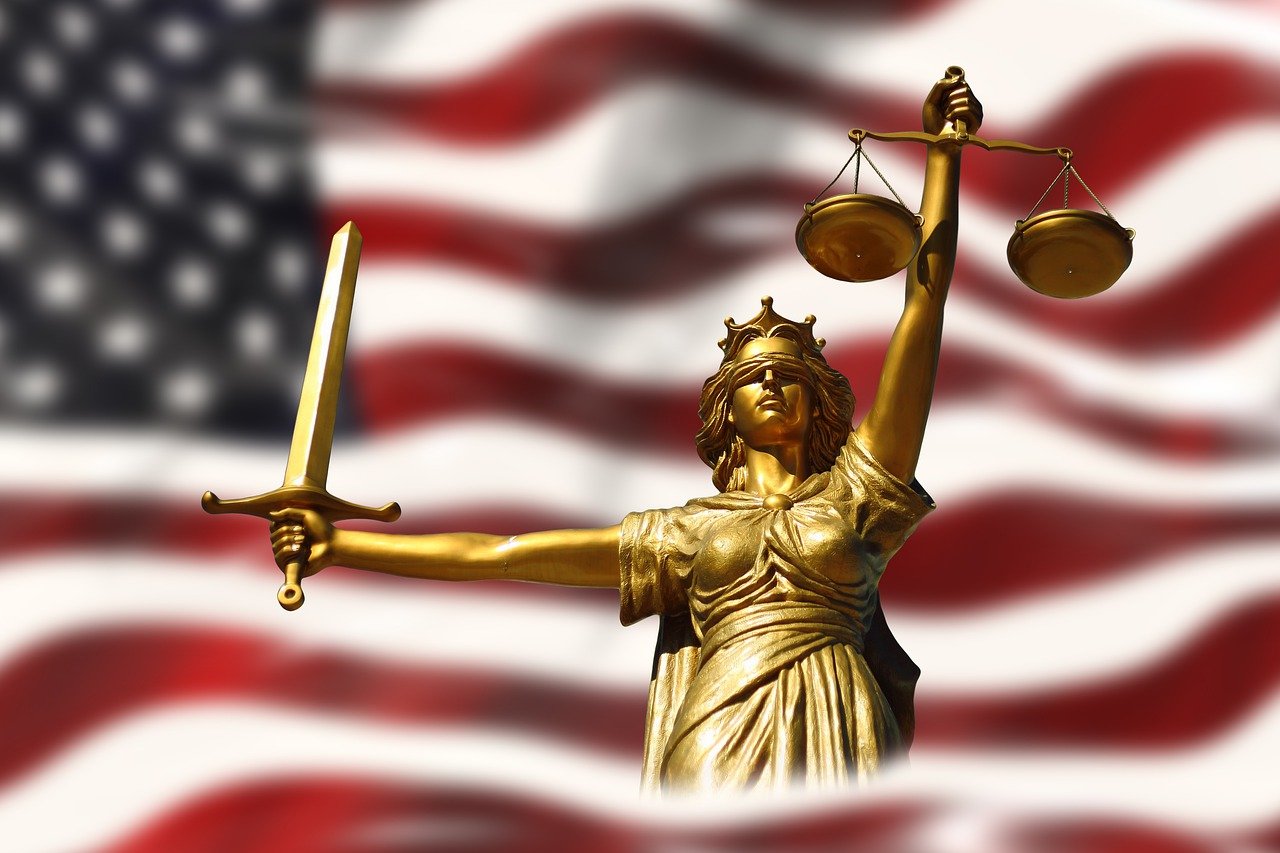
The Deceptive Framing of “Children’s Rights” in Family Law:
The Deceptive Framing of “Children’s Rights” in Family Law: How the State Subverts the Parent-Child Bond Under the Guise of Protection
In the modern family law arena, one of the most insidious developments has been the increasing use of “children’s rights” as a rhetorical and legal instrument not to protect the child—but to undermine the constitutional authority of the parent and expand the control of the state. This blog post is a doctrinal and strategic examination of how that framework emerged, what it violates, and how litigants, advocates, and scholars must begin to reclaim the constitutional family.
I. Historical and Constitutional Foundations of the Parent-Child Relationship
American jurisprudence has long recognized that the family is a fundamental unit of society, and that parents possess a primary, natural, and constitutional right to the care, custody, and control of their children. This is not merely moral principle; it is constitutional doctrine.
The Supreme Court has repeatedly affirmed that parental rights are fundamental liberty interests protected under the Due Process Clause of the Fourteenth Amendment:
Meyer v. Nebraska, 262 U.S. 390 (1923): Recognized parents' right to control their children’s education.
Pierce v. Society of Sisters, 268 U.S. 510 (1925): The state cannot compel children to attend public schools, reinforcing the parent's authority over education.
Prince v. Massachusetts, 321 U.S. 158 (1944): While the state has an interest in protecting children, it must yield to parental authority unless there's harm.
Troxel v. Granville, 530 U.S. 57 (2000): Reinforced that the state may not intrude upon parental rights absent a showing that the parent is unfit or a clear and present danger exists.
As Troxel stated plainly:
“The liberty interest at issue—the interest of parents in the care, custody, and control of their children—is perhaps the oldest of the fundamental liberty interests recognized by this Court.”
II. The Rise of “Children’s Rights” as a Trojan Horse for State Intervention
Beginning in the late 20th century, and accelerating with the administrative state’s entrenchment in family courts, a new narrative emerged—that children possess independent legal rights that can be asserted against their own parents. While this may sound noble on its surface, it has in practice become a vehicle for the state to override the natural authority of fit parents.
These so-called “rights” are often vague, arbitrarily invoked, and selectively enforced through judicial discretion, guardian ad litem recommendations, or state agencies acting under the color of law. The child may be deemed to have a "right" to therapy, a "right" to refuse visitation, or even a "right" to a certain educational environment—but only when these rights align with the court’s preferences, not the family’s.
Let us be clear: the invocation of "children’s rights" in this context rarely represents the child’s voice. It represents the state’s voice, substituting its will for the parent’s and calling it justice.
III. The Legal Fiction: Severing Parent and Child in the Name of Autonomy
The heart of the deception is this: the child is treated as a separate, adversarial party to the parent, rather than a person who exists within a protected familial structure. This is a profound violation of both constitutional norms and biological reality.
In Santosky v. Kramer, 455 U.S. 745 (1982), the Court recognized the mutual due process rights shared by parents and children in preserving the family unit. The state may not terminate parental rights or interfere with the parent-child relationship without clear and convincing evidence of unfitness or harm.
Yet in daily family court practice, under the guise of “protecting children’s rights,” fit parents are often stripped of time-sharing, subjected to state-imposed therapy, or barred from contacting their own children without any showing of abuse, neglect, or unfitness. This is not constitutional law—it is judicial activism, dressed in the language of compassion.
IV. Parental Rights Are Children’s Rights
The foundational flaw in this deceptive legal framework is the false dichotomy it creates between parents and children. In truth, the rights of the parent and the rights of the child are aligned—not opposed. The Supreme Court recognized this in Parham v. J.R., 442 U.S. 584 (1979), noting:
“Our jurisprudence historically has reflected Western civilization concepts of the family as a unit with broad parental authority over minor children. Our cases have consistently followed that course.”
The parental right to raise, educate, discipline, and protect one’s child is simultaneously a child’s right to be nurtured and raised by their own parent. When the state intervenes unjustly, it harms both parties—creating familial fracture, psychological trauma, and legal chaos.
V. The Path Forward: Reclaiming the Family from the Administrative State
This legal and philosophical deception must be challenged at every level—in litigation, legislation, and public discourse.
Strategic Advocacy Recommendations:
Insist on Constitutional Scrutiny: Any interference with the parent-child bond must be subject to strict scrutiny. Demand constitutional findings on the record.
Challenge the Appointment of GALs and State Actors: If a guardian or agency is purporting to represent the child’s interests contrary to the parent’s, require proof of harm or unfitness.
File Motions to Dismiss Under Troxel and Santosky: Emphasize that the state cannot override a fit parent’s decisions absent constitutionally sufficient findings.
Use the Record to Preserve Error: Family courts often act outside their authority. Preserve objections for appeal and constitutional challenge.
Educate the Court: File memoranda citing Supreme Court precedent—force the judge to confront the real law, not social ideology.
Conclusion: Parental Sovereignty Is the Bedrock of a Free Society
When the state undermines the family under the false banner of “children’s rights,” it is not creating justice. It is creating dependence, division, and government control. If we lose the ability of fit parents to raise their own children without state intrusion, we lose the very foundation of liberty itself.
It’s time to unmask this deception, reassert the primacy of the family, and restore constitutional integrity to the most sacred of human relationships.
Parental rights are children’s rights. Let’s act like it.
